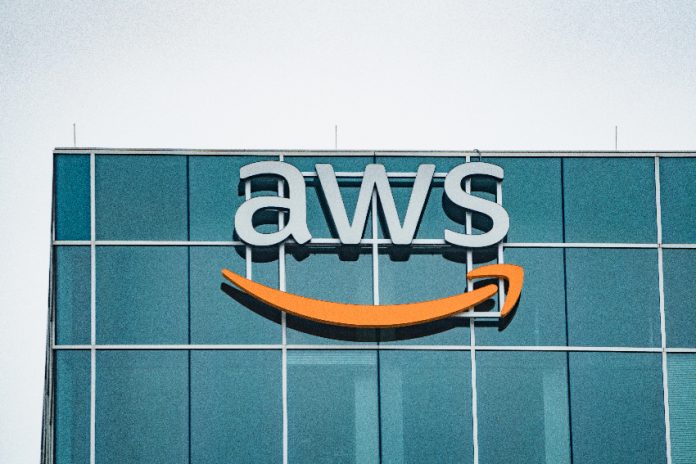Is Mexico at risk of falling into the “middle income trap?”
Much has been written about this infamous trap in economics, which refers to the situation in which a middle-income country — which Mexico is becoming — can no longer compete internationally in standardized, labor-intensive goods because of wage increases, but also struggles to compete in higher value-added sectors, because of low productivity.
In short, this means a country is no longer poor, but not yet wealthy, and can get stuck — unable to advance economically. The danger of this is that a middle-income country can then fail to attract additional foreign direct investment into lower-skill industries, due to a relatively high cost of labor, yet lack the skilled labor and productivity to attract investment in other sectors.
Further complicating matters, a common solution to get out of the “trap” is a currency devaluation that, while lowering labor costs, can create many other problems.
The recent strengthening of the peso has put Mexico at risk of this dilemma, which I have written about previously. Mexico needs to evolve beyond relatively low-skill, basic manufacturing and service jobs to those that are of higher skill levels, and/or to increase productivity of existing jobs. This means more output from each worker, which tends to lead to increased wages, higher-skill work, and ultimately improved standards of living for workers.
But is this really happening in Mexico?
Part of what makes the country so fascinating to watch is that a transformation across multiple industrial sectors is taking place at the same time — right before our eyes. There is an industrialization boom taking place in the manufacturing sector, being led by the auto industry but there is also significant investment in aerospace, healthcare and other industries. There is a boom in the food and beverage industry, with exports hitting record highs across many products in that sector.
There is also an infrastructure boom, with investment and improvements pouring into airports, ports, highways, and trains. There is a tourism boom, with tourist spending hitting record highs across the country. These transformations are undeniably creating new and better jobs for many Mexicans, but are they improving productivity?
Mexico is receiving record amounts of foreign direct investment, with the vast majority continuing to be in the manufacturing sector. Perhaps of most interest, many of these investments are going into higher skill manufacturing in new technologies like electric vehicles, solar panel production and medical devices, which are industries that have more advanced technology, require higher skill levels and as a result will pay workers better wages.
The recent US $5 billion investment announcement from Amazon Web Services (AWS) into cloud computing infrastructure is especially promising. This investment, to be made in the center of the country in the state of Querétaro, will serve to boost Mexico’s digital transformation across many industries.
The investment from AWS is a game changer because it is an enabling technology, allowing companies to lower costs and improve productivity in their operations. In this sense, an investment like this can have a much larger, “multiplier” effect, given the impact it can have on many other companies.
Since 2017, AWS says that it has up-skilled over 400,000 Mexicans in digital technologies, and will train an additional 200,000 by 2026. An investment in infrastructure along with the training provided by AWS will allow businesses of all sizes to better leverage vital digital resources like cloud computing.
It is not easy for an emerging economy like Mexico to attract investment in both new technologies like electric vehicles and into enabling technologies like cloud computing.
The fact that Mexico has had significant investment announcements in both of these strategic areas is a very bullish sign for the country’s economy. These types of investments will help by providing higher-wage jobs, raising the standard of living of workers, and ultimately helping the government to have the resources it needs to invest in important areas such as education, health care and infrastructure for its citizens.
Travis Bembenek is the CEO of Mexico News Daily and has been living, working or playing in Mexico for over 27 years.
